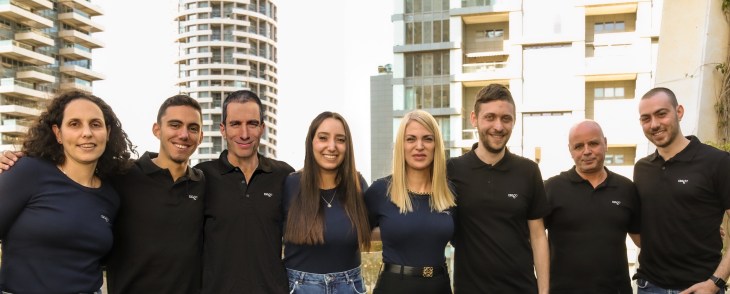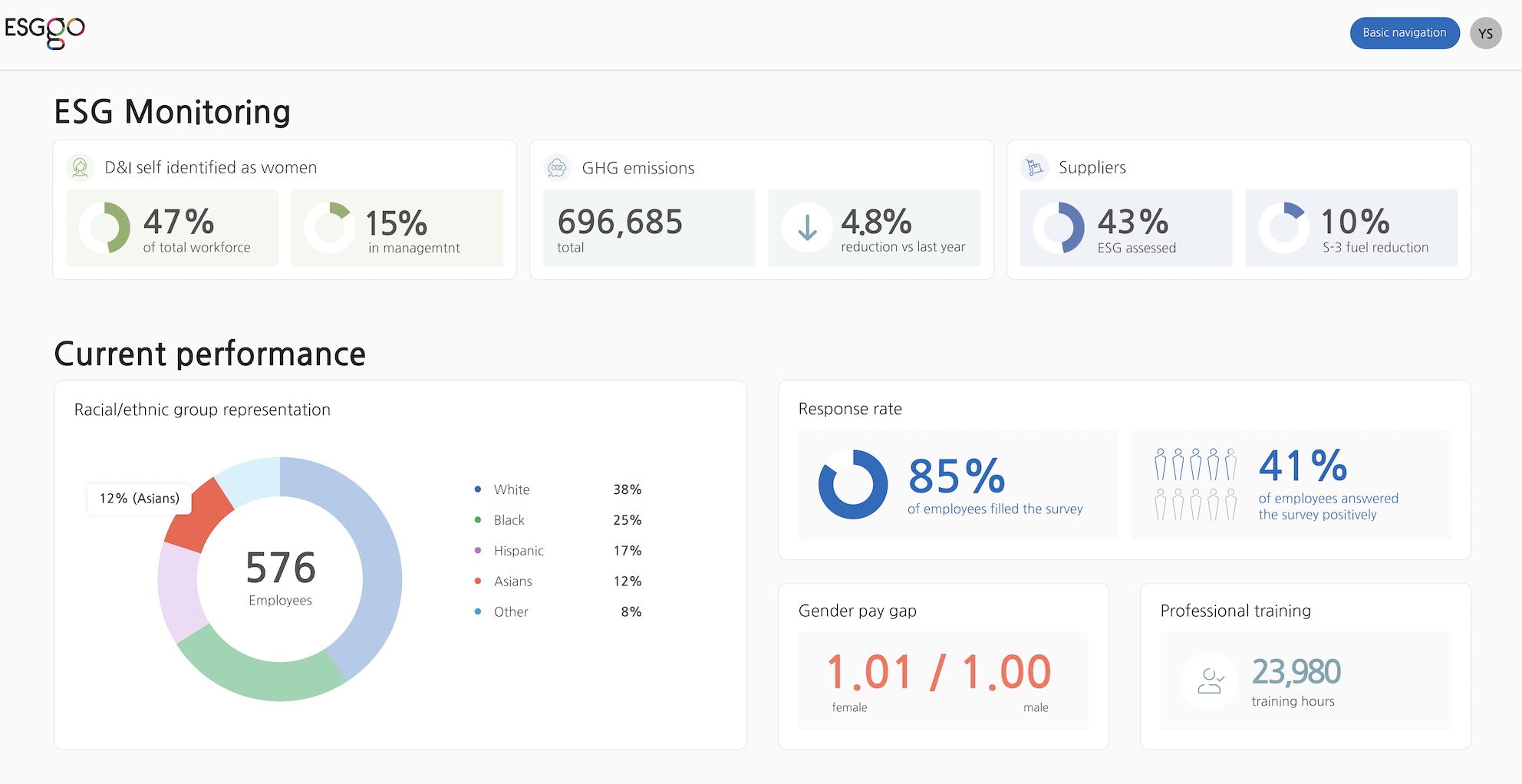You can’t swing an ethically sourced, locally produced, sustainably raised dead fish these days without hitting a set of Environmental, Social, and Governance (ESG) goals in a company’s board meetings or annual reports. Surprising, then, that while it’s easy to get the PR for having the goals, it’s way harder to actually measure and track how companies are performing against those goals. Tired of hot air and empty promises — and eager to make it easier to actually implement the goals that are set, ESGgo comes along. The company creates a software suite to help change that — and it just raised $7 million to strap on some running shoes and get going in earnest.
“The target customers are corporations — or basically any company that already is public or is considering becoming public,” explains Orly Glick, CEO and co-founder at ESGgo.
The product itself is focused on data collection; from the first 50 companies ESGgo spoke to, they learned that there were no tools available. The company learned that most ESG tracking is currently done in some pretty esoteric systems — mostly spreadsheets or collaborative databases. External rating agencies may have their own tools, of course, but for internal use, it’s slim pickings.
“Right now, ESG is seen by some as all talk, little action — there may be hundreds of executives touting the importance of ESG, but we still lack a universal measuring stick for clearly understanding ESG performance,” Bruce Dahlgren wrote as part of a TechCrunch+ article earlier this year. “Without that, it’s difficult to determine what is right from what is wrong, or what is a strong investment from a shortsighted one.”
To fully track ESG impact across a business, the GRI and SASB standards suggest tracking hundreds of data points across the organization. Data collection, then, is particularly important, as well as collecting information from various data sources, before collating, analyzing and reporting on it. This data, combined with measuring it against the company’s goals, is the space where ESGgo operates.
“Even on the human side of data collection — it’s just not fun to have to go knocking on people’s doors across departments to start asking for information. So in addition to the data itself, our tool does workflow management. Finally, we do the analytics of all the data, and we see the current situation of the company in their ESG, versus historical performance. Gap analysis and benchmarking versus the industry to see how we can become better versus your peers and competitors. The latter, in particular, will be an AI optimization.”
The company raised $7 million led by Israeli venture firm Glilot Capital at an undisclosed valuation.
“Glilot is not only one of the top funds in Israel, but they are an excellent, global fund. They have operational experience, rigorous operational experience, and they are real mensches. They promote women and have a phenomenal value-creation team,” says Glick. “We also have some really very interesting angel investors from the Valley and some of the top tech companies in the Valley that really believe in climate.”
Glick leads a team of 10 or so, across Israel and California. She co-founded the company with Ido Green, who cut his teeth on senior-level engineering roles at Google, Netflix and, most recently Facebook.
“We’re thrilled to be an early supporter of ESGgo. Orly has an incredible track record and brilliant vision for using technology to improve ESG reporting. With sustainability and social responsibility concerns changing the way businesses and investors evaluate risk and opportunity, it’s the perfect time for this disruptive solution,” said Kobi Samboursky, co-founder and managing partner of Glilot Capital. “Helping companies improve their ESG posture is more important than ever, and Orly is the perfect person to make the change needed.”
The seed funding will allow ESGgo to accelerate its recruiting, starting with an Israel-based engineering team, and further develop its product offering.

